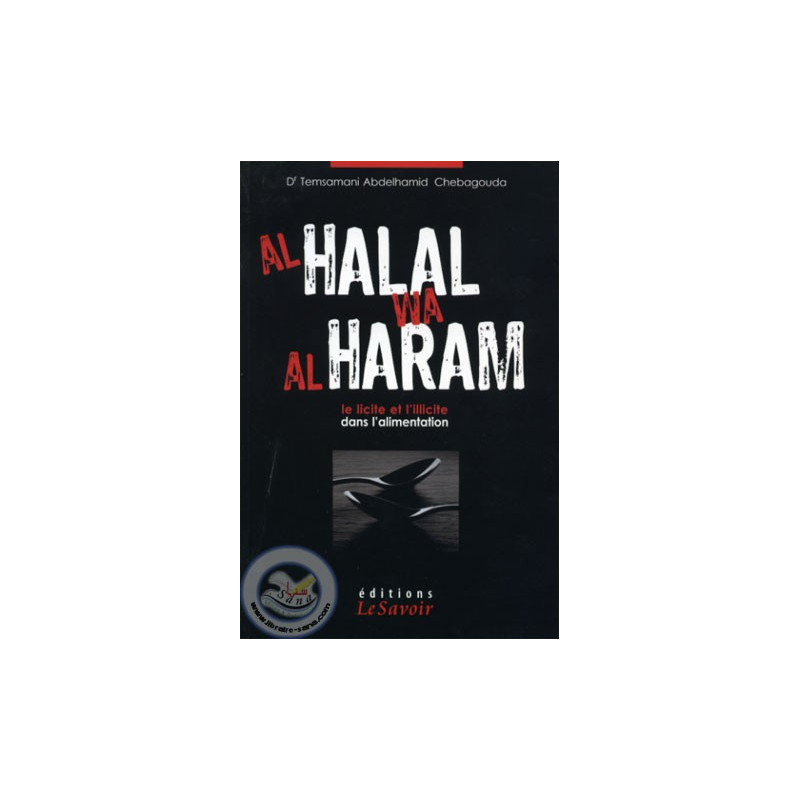

Promotions SANA: Jusqu’à -20%, Cliquez ici
Promotions SANA: Jusqu’à -20%, Cliquez ici
Title:Al Halal wa Al Haram (in food) Support:Books Edition:KNOWLEDGE
Title: Al Halal wa Al Haram (in food)
Author: Temsamani Chebagouda Abdelhamid
Edition: KNOWLEDGE
Medium: Book
Theme: Civilization of Islam
Description: Like the miser of Molière, without avarice as capital, and from a completely different perspective of life, the Muslim believer believes that he must: "Eat to live and not live to eat." The act of eating, in addition to basic and necessary, is daily and arises as an unavoidable and major concern in the life of the individual. The Muslim does not escape this reality. With the difference that this act, beyond satisfying a material and natural need, constitutes for him a journey, a process which is part of a central act of worship: that of the tireless search for purity as defined by God. and that of the constant desire to act according to the Will of the Transcendent, even in the most instinctive and insignificant acts.
No customer reviews for the moment.